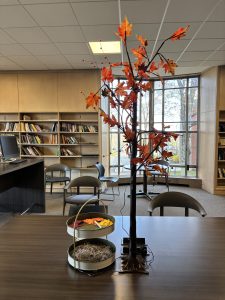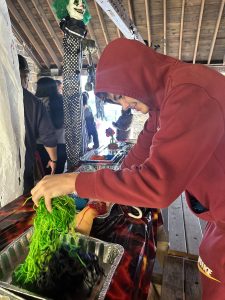The bond between autistic individuals and their direct care professionals is a multifaceted and deeply significant relationship that impacts both parties profoundly. This bond is often characterized by trust, empathy, and mutual understanding, which are essential for the well-being and development of the individuals receiving care. Direct care professionals, including therapists, caregivers, and support staff, play a crucial role in the lives of autistic individuals, providing not only essential services but also emotional support and companionship.
Trust and Consistency
One of the foundational elements of this bond is trust. For autistic individuals, who may experience heightened sensitivity to changes in their environment and routines, consistency in their interactions is paramount. Direct care professionals who provide reliable and predictable support help foster a sense of security and stability. This trust is built over time through consistent, positive interactions and the professional’s ability to understand and respect the unique needs and preferences of the individual they support.
Empathy and Understanding
Empathy is another crucial component of this bond. Direct care professionals must possess a deep understanding of autism and the diverse ways it manifests. This includes recognizing the sensory sensitivities, communication challenges, and behavioral patterns that are part of the autism spectrum. By empathizing with these experiences, professionals can tailor their support strategies to better meet the needs of autistic individuals, creating an environment where they feel understood and valued.
Communication
Effective communication is at the heart of the relationship between autistic individuals and their direct care professionals. Many autistic individuals have unique ways of communicating, ranging from verbal to non-verbal methods. Direct care professionals often need to be adept at interpreting these various forms of communication, which can include body language, facial expressions, and the use of assistive communication devices. Building a communication system that works for both the individual and the professional is key to fostering mutual understanding and respect.
Emotional Support
The emotional bond between autistic individuals and their caregivers often goes beyond the professional scope of the relationship. Direct care professionals frequently become significant figures in the lives of those they support, providing not only practical assistance but also emotional care. This can include offering comfort during times of distress, celebrating successes, and providing encouragement during challenges. The emotional support provided by direct care professionals can greatly enhance the quality of life for autistic individuals, contributing to their emotional and psychological well-being.
Mutual Growth
The bond is not only beneficial for the autistic individual but also enriching for the direct care professional. Through their work, professionals gain a deeper understanding of autism and develop greater empathy, patience, and communication skills. Many direct care professionals report that their relationships with autistic individuals are deeply rewarding and transformative, offering personal and professional growth.
Challenges and Rewards
Despite the profound rewards, this relationship can also present challenges. The work requires a high level of dedication, patience, and adaptability. Direct care professionals must navigate complex behaviors and emotional responses, often in high-stress situations. However, the positive impact they have on the lives of autistic individuals makes these challenges worthwhile. Witnessing the progress, happiness, and improved quality of life in the individuals they support provides immense satisfaction and a sense of accomplishment.
At Shrub Oak International School, students and staff frequently engage in enjoyable activities, fostering a strong sense of community and camaraderie. They participate in a variety of trips, clubs, and activities that cater to diverse interests and abilities. From nature hikes and sports clubs to art workshops and music sessions, these activities not only provide entertainment but also promote social skills, creativity, and physical health. Our staff and students even have regular Twin Days, where they wear matching outfits! These shared experiences create lasting bonds, enrich the students’ educational journey, and contribute to a positive, supportive environment.
For more details, you can visit Shrub Oak International School’s Instagram here.
In summary, the bond between autistic individuals and their direct care professionals is a deeply significant relationship characterized by trust, empathy, effective communication, and mutual emotional support. This relationship not only enhances the lives of autistic individuals but also enriches the lives of the professionals who support them, fostering a sense of mutual growth and fulfillment.





